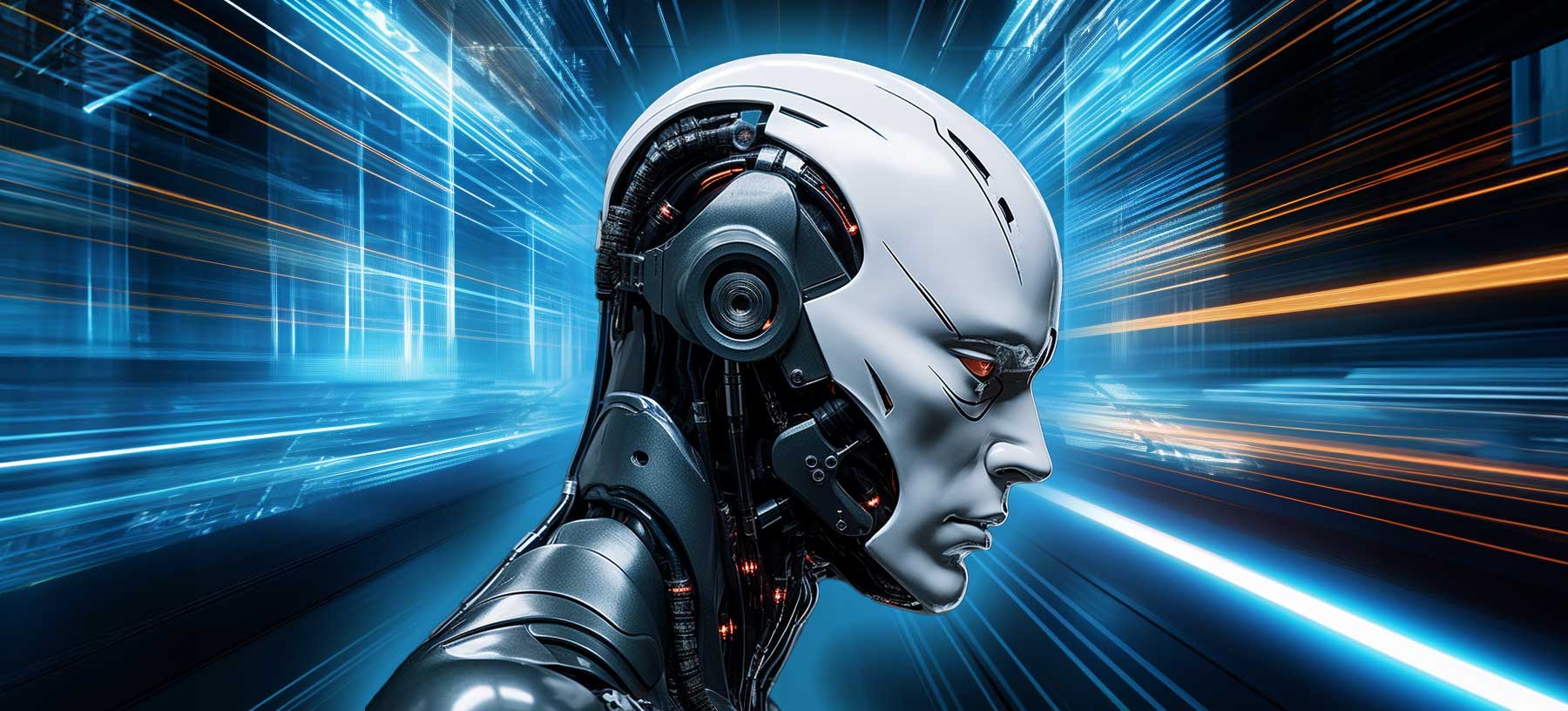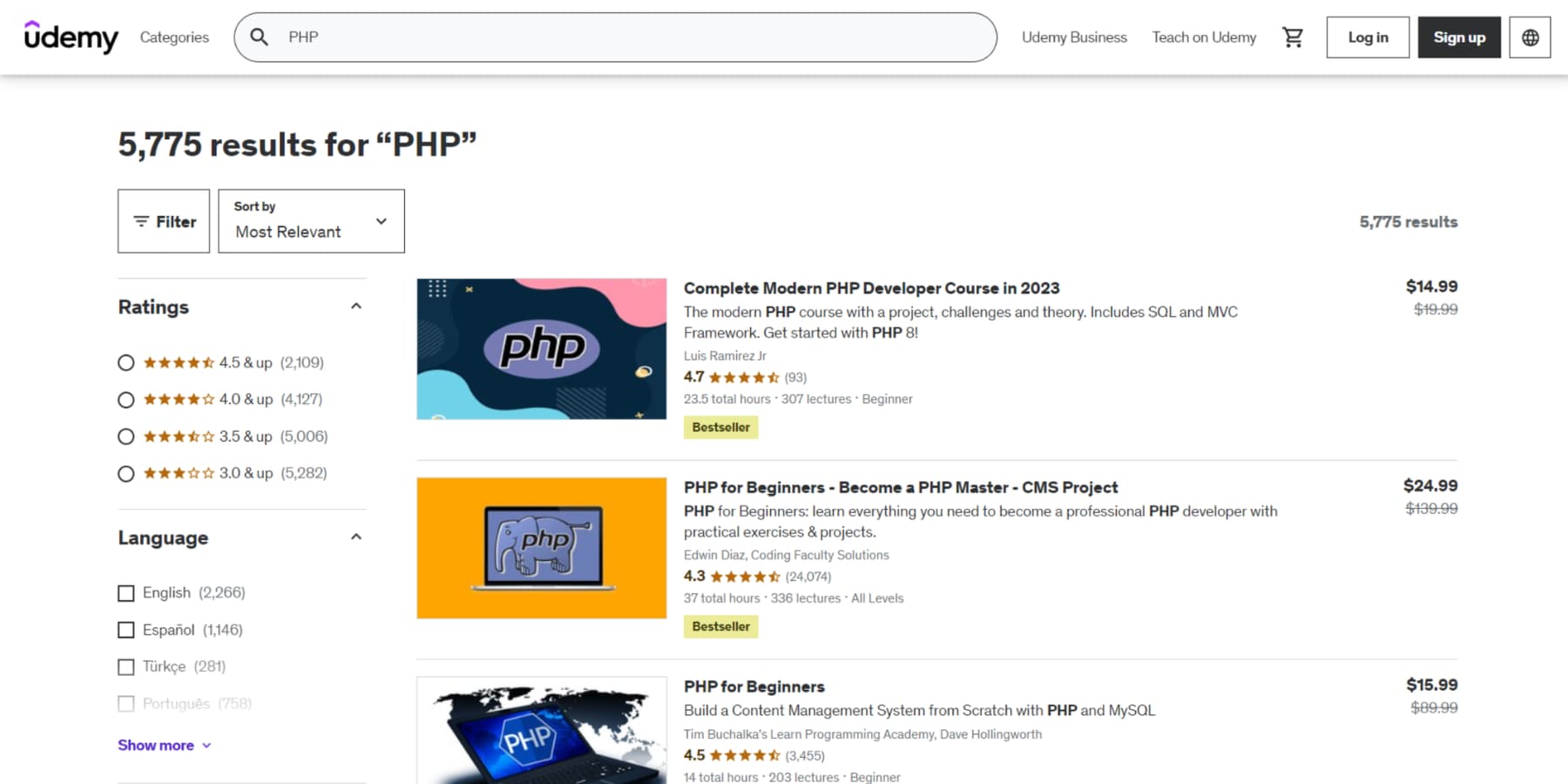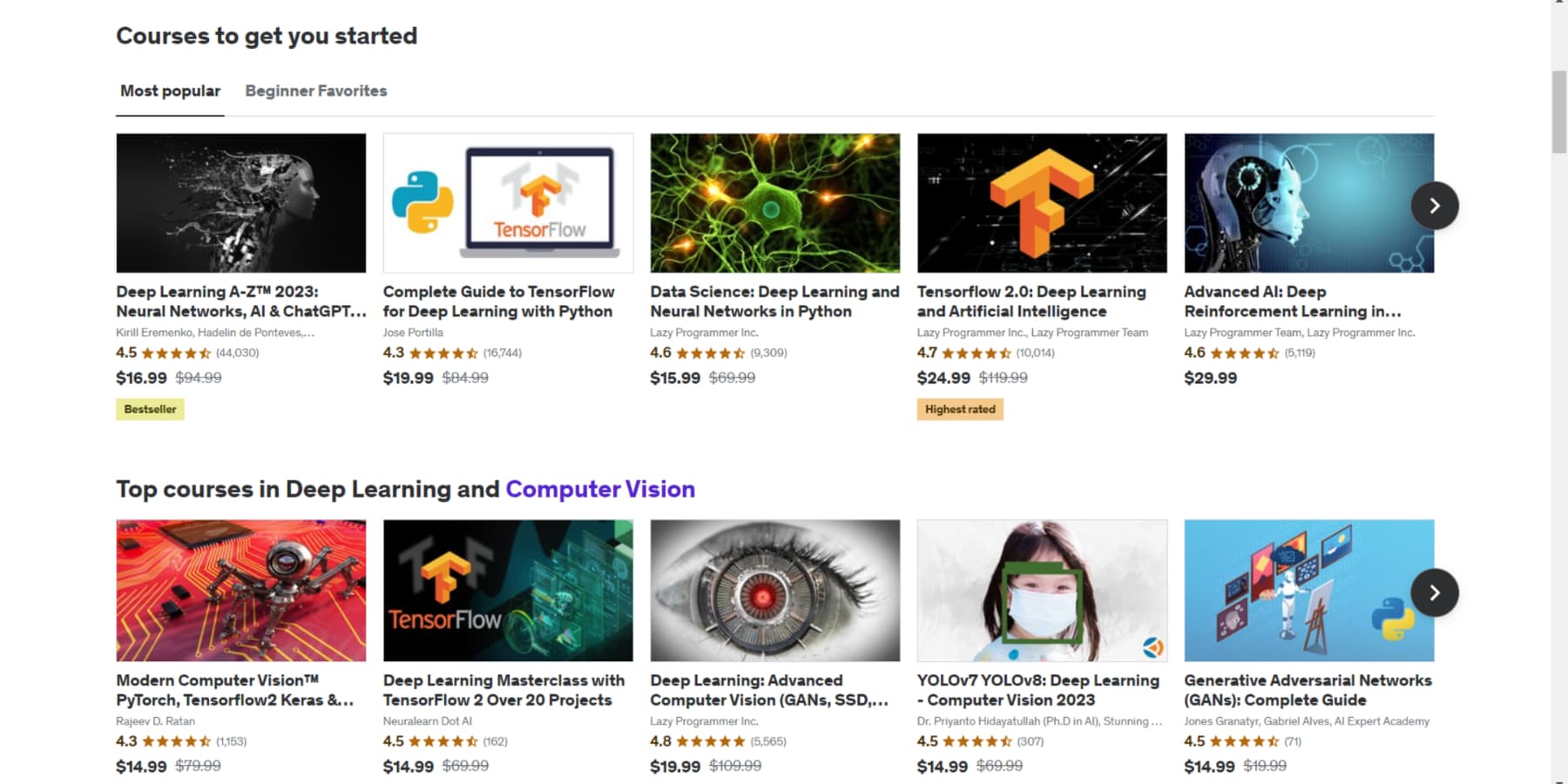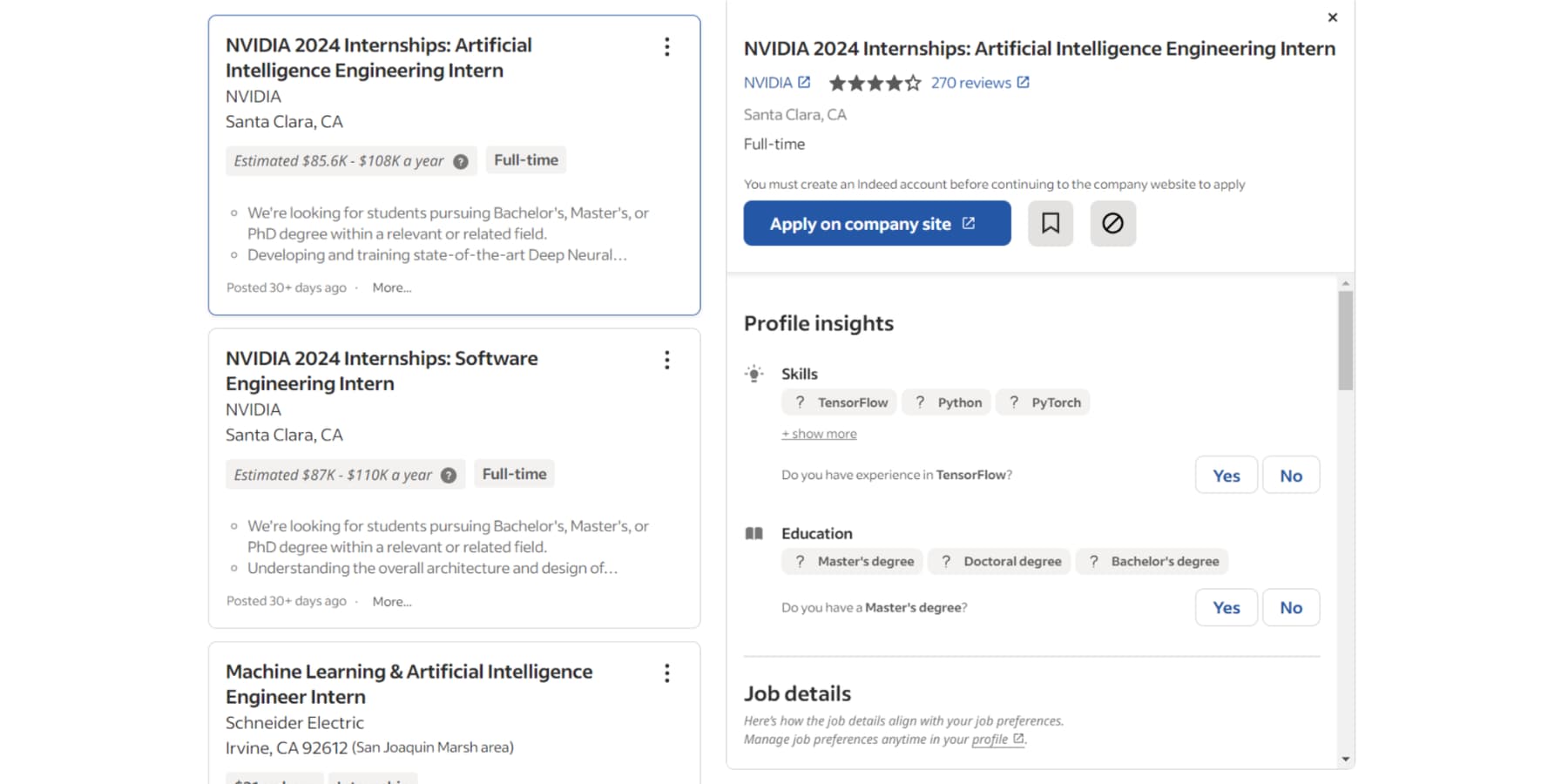Artificial intelligence (AI) is a growing field with endless possibilities. If you want to learn about AI, there are plenty of accessible resources that can teach you how.
In this post, we will cover different ways to learn AI and provide some valuable tips for starting your journey into the world of AI. Let’s dive in!
What Is Artificial Intelligence (AI)?
Artificial Intelligence, or AI, is like an intelligent computer system that can do jobs just like humans. It uses special programming and lots of data to solve problems. AI includes machine learning, deep learning, and natural language processing. These let computers learn from what they’ve done before and do jobs that humans usually do — sometimes they can even do it better!
AI is rapidly growing and has a significant impact on our daily lives. Did you know AI can generate text, music, art, and more? It also finds applications in healthcare, transportation, and customer service. As AI advances daily, its influence on our lives will become more impressive!

image created with Midjourney | Photoshop
What Are The Types Of Artificial Intelligence (AI)?
AI is constantly evolving and bringing exciting features. These advances can be categorized into three essential categories, which reveal the development of AI, upcoming approaches, and what we might expect. Let’s explore these categories to understand their potential impact on technology.
Artificial Narrow Intelligence (ANI)
Artificial Narrow Intelligence, or ANI, is a type of artificial intelligence that is good at doing one specific job. It’s like a specialist in a field, whether it’s translating languages or playing chess. But unlike humans, who can do many different tasks and adapt to new situations, ANI can only do the job it was programmed for. So, while ANI might be a superstar in its field, it doesn’t have the flexibility and versatility of a human brain.
Artificial General Intelligence (AGI)
Artificial General Intelligence, or AGI, is an artificial intelligence like a human brain. It can understand things, learn new stuff, and do tasks like us. AGI can do many jobs and even learn to handle new situations independently without needing someone to program it each time. So, in simple words, AGI aims to make AI systems that are as smart as humans. Already popular AI tools like Jasper, Writesonic, Rytr, and Mubert are some examples of AGI tools.
Artificial Superintelligence (ASI)
Artificial Superintelligence, or ASI, is an artificial intelligence that’s even smarter than humans. It’s like a super brain that can think, solve problems, and know things better than humans. ASI is the idea that AI systems could one day be so bright that they outdo human brains in every way. In simple words, ASI could be the most intelligent machine ever, with a brainpower beyond what we can imagine.
Why Learn AI Artificial Intelligence (AI)?
AI is a robust skill that helps solve problems, automate tasks, and make better decisions. By learning AI, you can acquire the skills to use this technology to improve your life and the lives of others.
Learning AI can also provide intellectual stimulation and a sense of accomplishment. AI is a complex and demanding field, but it is also one of the most thrilling and fast-developing technological areas. By acquiring knowledge about AI, you can contribute to the team shaping the future world.
Furthermore, AI is a fascinating field that is a rapidly expanding sector in the economy, with the AI market projected to grow by 38% in 2023. By 2025, global AI software revenues alone are projected to exceed $100 billion, according to Informa.
Acquiring knowledge in AI will equip you for an exciting career full of challenges and rewards—both intellectually and financially! The average base salary for an AI engineer exceeds $160,000.
How To Learn Artificial Intelligence (AI)
Looking to learn AI? It’s a thrilling journey, though it does come with its fair share of challenges. But, with the proper roadmap, resources, and approach, you can navigate this fascinating landscape effectively. Let’s dive into how you can embark on your AI learning adventure in 2023:
1. Build A Foundation Of Mathematical Concepts
To do well in AI, you need to know some basic concepts such as linear algebra, calculus, and probability. It’s also important to understand statistics like statistical significance, analyzing distributions, regression models, and estimating likelihood. But the most important thing is to stay curious and excited about learning! AI is constantly changing and growing, with new things to know continually popping up.
2. Learn Additional Skills For AI
Knowing how to code is essential, and Python is a great language. It’s robust but also easy for beginners. If you’re interested in data science, R is another good option. But if you want to build models that can handle a lot of data, you might like Java or C++. No matter which language you choose, understanding how to work with data and change it will help you make complex algorithms. These can help AI models understand information better.
If you’re starting and uncertain where to begin acquiring these skills, top-notch online learning platforms such as Udemy, Coursera, and Pluralsight are excellent places to begin. They provide a welcoming and supportive environment ideally suited for beginners like yourself!

3. Take AI Courses
Learning AI through online courses and tutorials is comprehensive and fun! You can learn from websites like Udemy, Coursera, Pluralsight, and Datacamp. These websites cover everything from the basics to advanced topics in machine learning algorithms, mathematical concepts, deep learning, and data processing. These resources will help you develop coding skills while gaining a solid intuition about AI principles for real-world applications.

4. Gain Experience Using AI Tools
Having theoretical knowledge of AI is valuable, but applying that knowledge through practical experience is crucial. Luckily, Python offers a range of AI tools and packages such as Pandas, NumPy, and Scikit-Learn for data manipulation and analysis needs. For array operations, NumPy is suitable, while Scikit-Learn works best for machine learning algorithms.
PyTorch and Keras are powerful libraries for building Machine Learning (ML) and Deep Learning (DL) models. Regular use of these tools, combined with consistent practice, will help you become an expert in AI. Start with foundational concepts before gradually advancing to more complex projects using advanced toolsets.
5. Apply For Internships
Applying for an internship can be a great way to gain real-world experience and enhance your job search after completing classes and building a portfolio. To increase your chances of finding the right opportunity, consider sharing your internship search with professional and personal networks, using websites like Indeed, Glassdoor, and Snag a Job. You attend local meetups and AI hackathons, update your professional networking profiles, use available coursework resources, and prepare for technical interviews.

How Long Does It Take To Learn AI?
Getting AI skills and getting a job in this field takes about six months, but it can vary depending on what you already know and what you want to learn.
If you want an entry-level job, you’ll need about six months of focused effort to get the basics of artificial intelligence. Becoming an expert could take several years if you’re going for advanced degrees or special training.
In the AI industry, most people start with junior roles for about two years to build their skills and get experience. Then, they can move up to mid-level positions, which usually take two to five years, depending on how much they grow and achieve. After spending at least five years building extensive AI knowledge, you can aim for senior roles.
Remember, these timelines can change based on your education and practical experience in AI projects.
The Future Of AI
AI’s potential is vast, like an unexplored ocean. Already making waves in our lives, AI is transforming work, play, and interaction with the world around us. And this is just the start. As we advance further, AI will become more integrated into our lives.
Across the globe, brilliant minds are trying to utilize AI to find innovative solutions for significant challenges such as climate change and poverty eradication — these efforts illuminate a path towards a better world.
However, powerful tools come with challenges; as AI improves, there are concerns about privacy/security issues, job displacement, and ethical dilemmas. Therefore, we must approach the future of AI by celebrating its positive impacts while staying mindful of any negatives it may bring.

Final Thoughts On Learning AI
To succeed in the fast-growing field of AI, persistence and patience are essential. Mastering AI concepts is a marathon, not a sprint; it requires time, effort, and trial and error. Staying updated with the latest research progress is critical in this ever-evolving landscape of AI.
Experimentation is essential in learning AI — don’t hesitate to try different methods and approaches. Sometimes, getting hands-on experience is the most effective way to learn.
Lastly, keeping your learning engaging is vital for maintaining motivation and excelling in this field! Working on intriguing projects or collaborating with passionate individuals who share your interests can bring fun into your journey toward mastering AI. If you’re looking for AI tools that help you with writing, Jasper and Writesonic are worth looking into!
Featured image by Deemerwha studio / shutterstock.com
The post How to Learn AI in 2023 (Best Tips) appeared first on Elegant Themes Blog.
